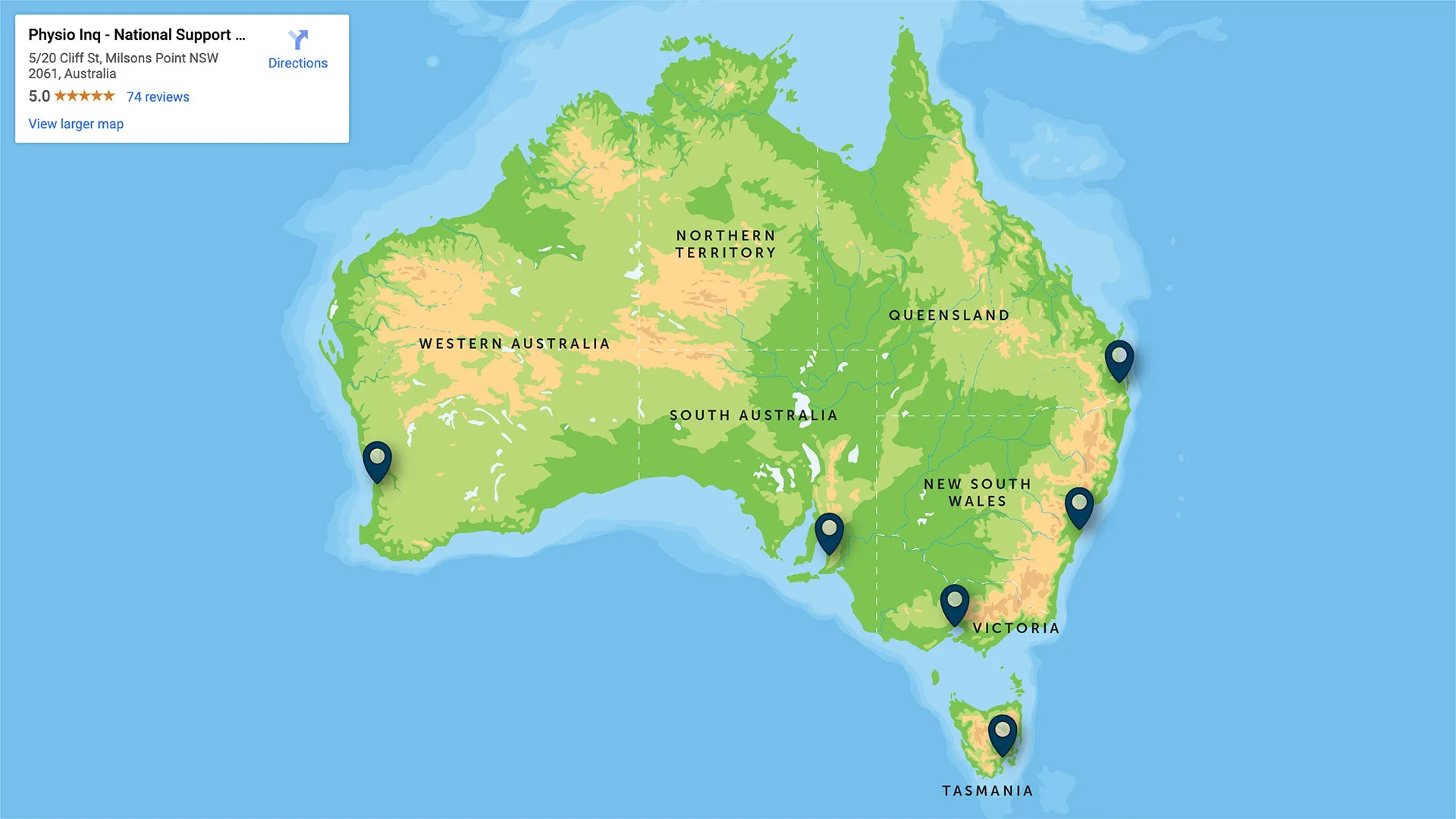Can You Run A Business from a Residential Property in Australia?
Originally Published Aug 27, 2021
With the global pandemic changing the way many people work, many Australians are now catching onto the idea of working from home and even starting their own home business and wondering, can you run a business from a residential property in Australia?

With the global pandemic changing the way many people work, many Australians are now catching onto the idea of working from home and even starting their own home business and wondering, can you run a business from a residential property in Australia?
However, before you get started, it’s important to consider the implications of running a business from home. There are various protocols that are rather grey and unclear depending on whether you own your home or rent. Yet in both cases, you are legally allowed to run a business from your home in Australia.
So here, we’re doing our best to clarify some of the questions you might have about running a business out of a residential property. Let’s begin.
Can you run a business from a residential property in Australia?
Yes, you can run a business in a residential house in Australia. However, the protocols are slightly different depending on whether you own your home or you live in a rental property.
To run a business from a residential property, you’ll still need to apply for an ABN, register your business and gather the appropriate licences and registrations to legally operate your business in Australia.
Keep in mind, by running a business from a residential property, you’ll also be required to include any rental income on your tax return, be able to claim deductions and you’ll remain liable for capital gains tax if you sell the property and have GST obligations and entitlements.
Now, let’s quickly go over some of the common types of insurance you’ll likely need when you run a home business. Note that business insurance is required whether you run a home business from a property you own or one that you rent.
Public Liability Insurance
Public liability insurance helps protect you if someone gets injured on your premises. This includes customers, partners, suppliers and others who might need coverage while doing business with you.
Asset Insurance
Insurance for your assets is also important to protect your business assets such as computers, inventory, special tools and other equipment you use in your home business.
Professional Indemnity Insurance
Professional indemnity insurance covers you in the case of negligent advice. In other words, if you sell someone a course or give them your professional opinion and they take your advice but it leads to a poor outcome for your customer, professional indemnity insurance protects you from being sued.
Can you open a business on residential property?
Yes, you can open a business on residential property. However, the process of running a business from a home is more straightforward if you own the property. If you lease the property you live in, it’s essential that you get written approval from your landlord, property manager or local council before you open a business in your home.
Additionally, you’ll want to consider any grey area in terms of insurance policies that could become muddled due to the fact that you both don’t own the property and you’re now operating a business out of your home.
Remember, opening a home business is different from working remotely from home. Now that more and more workers are operating out of their homes due to the global pandemic, it’s important to make this distinction.
Still, the precise rules surrounding what’s protected, what you can deduct as an expense on your tax return and other specifics should be discussed with your employer and tax accountant.
Is it legal to run a business from an apartment?
It is not exactly illegal to run a business from an apartment (assuming you lease the apartment from a body corporate or landlord) but there is certainly some grey area in terms of what’s precisely allowed.
The first place you’ll want to look is at your residential tenancy agreement to go over the specific language used. In most cases, tenancy agreements state that the premises should be used for residential purposes only. However, you’ll often have some wiggle room, especially if the business you run doesn’t cause any inconvenience to other tenants.
For example, if you’re a freelance writer or coder who works from their rental apartment but they don’t see any clients in the space or cause any concern to others, most landlords will agree to the arrangement.

But, on the other hand, if you run a business that draws a crowd to your apartment or even just a line of customers throughout the day, the body corporate would be (understandably) less keen on the idea in most cases. Plus, if you’re using dangerous tools in your apartment for the sake of your business that could become an insurance issue, this may also raise some red flags.
Overall, running a business from a rental property legally comes down to you and whoever is in charge of the property in which you rent. We may see these general protocols changing in the near future as the world of work is rapidly changing as well. However, for now, it’s important to check with your tenancy agreement to see what’s legal and what might cross the line.
Can I run a business from home if I rent?
In most cases, yes, you can run a business from home if you rent with the consent of your landlord or body corporate, assuming your tenancy agreement has wiggle room to allow for use of the premises besides residential use.
Long story short, you’ll need some sort of written consent from your property manager if you plan to run a business out of a rental property. The legality of doing so is rather grey, but especially if your business causes a disturbance to other tenants including opening a store or clinic in your home, for example, you’ll definitely want to get the ok.
Another reason it’s essential to inform your property manager of your plans to open a business in a home that you rent is for liability reasons.
So, when you open a home business as a tenant, some requirements include:
- Home-based business insurance
- Council approval
- Appropriate licence approvals
- Home-based business tax obligations such as GST registration
All in all, it’s becoming more and more common to operate a business from a residential property and, in most cases, it’s legal to do so, regardless of whether you own or rent the property in which you live.
At Physio Inq, we have over 15 years’ experience in helping our Pinq Business Partners source, purchase and run Physiotherapy businesses. There’s a reason why we Physio Inq won Franchise Network of the Year in 2020. Click to read more.
Contact us today to learn more! Reach out to our Pinq Partner Cultivator, James Appleton on [email protected] or by phone on 0419 137 400.
For more information on starting your own business, check out our other informative business articles.
Are you interested in owning a health care business, or do you require help running yours?
Disclaimer
The information provided on this blog is intended for educational and informational purposes only. It is not intended to be a substitute for professional advice or treatment. Always seek the advice of a qualified professional with any questions you may have regarding a medical condition. Never disregard professional medical advice or delay in seeking it because of something you have read on this blog.





